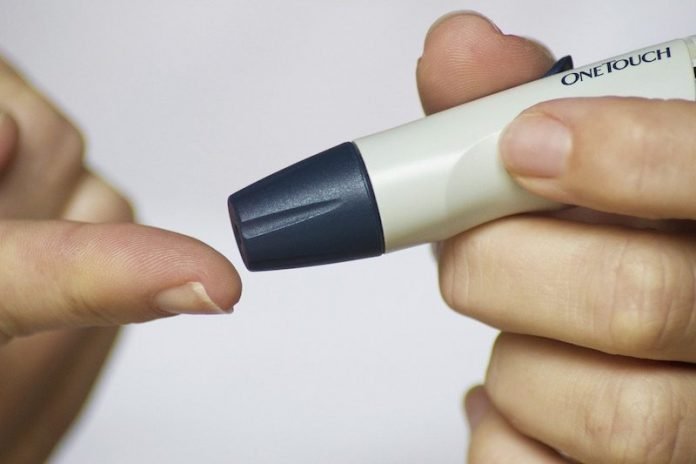
In a new study, researchers found that the more highly processed foods people eat, the greater their risk for type 2 diabetes.
They found every 10% increase in the amount of “ultra-processed” food translated into a 15% increase in the risk of developing diabetes.
The research was conducted by a team at the University of Paris and elsewhere.
What exactly are ultra-processed foods? According to the team, they are pre-packaged products subjected to a wide array of industrial manipulations.
They may contain preservatives, artificial flavors, texturizing agents, food additives, sugars, non-sugar sweeteners, and coloring.
Some examples include instant noodles, chicken nuggets, soft drinks, candy, margarine, pastries, breakfast cereals, and energy bars.
Also, flavored milk, pre-seasoned vegetables, “instant” sauces, ready-to-heat pizza, and purported “health” products like powdered or fortified meals.
Such convenience foods are popular across Western developed nations, representing between 25 and 60% of the modern diet.
At the same time, type 2 diabetes is a growing public health concern.
The team noted that an estimated 425 million people had diabetes worldwide in 2017. That’s projected to rise to 629 million by 2045.
So why might ultra-processed foods be fueling that increase?
The authors say that their low nutritional value due to high levels of fats, salt and sugar are only part of the story.
Problematic chemical compounds that disrupt and degrade the digestive (metabolic) process are implicated as well. Packaging materials may also be troublesome.
The team previously found a link between higher consumption of ultra-processed food and a higher risk for cancer, heart disease, depression, and premature death.
For the study, researchers analyzed records of nearly 105,000 French adults between 2009 and 2019. The average age was about 43. Participants completed about six 24-hour food diaries over six years.
They found that higher consumption of ultra-processed foods is linked to a much higher risk for diabetes.
The researchers acknowledge that ultra-processed food consumption was generally higher among smokers, the obese, less active participants, and those who ate more red and processed meats and less whole grains, fruits, and vegetables.
In essence, that means other bad lifestyle habits could drive up diabetes risk as well.
So, while it is very plausible that ultra-processed food ups diabetes risk, a direct causal link could not be established from this single study. The team plans more research to explore the connection.
The team says people should build three-quarters of their menus around plant foods—fruits, vegetables, and whole grains. And make the remaining one-quarter lean protein and low-fat dairy.
Also, they recommend using plant-based fats like canola, olive, soy or sunflower oils.
The lead author of the study is Bernard Srour.
The study is published in the journal JAMA Internal Medicine.
Copyright © 2019 Knowridge Science Report. All rights reserved.



